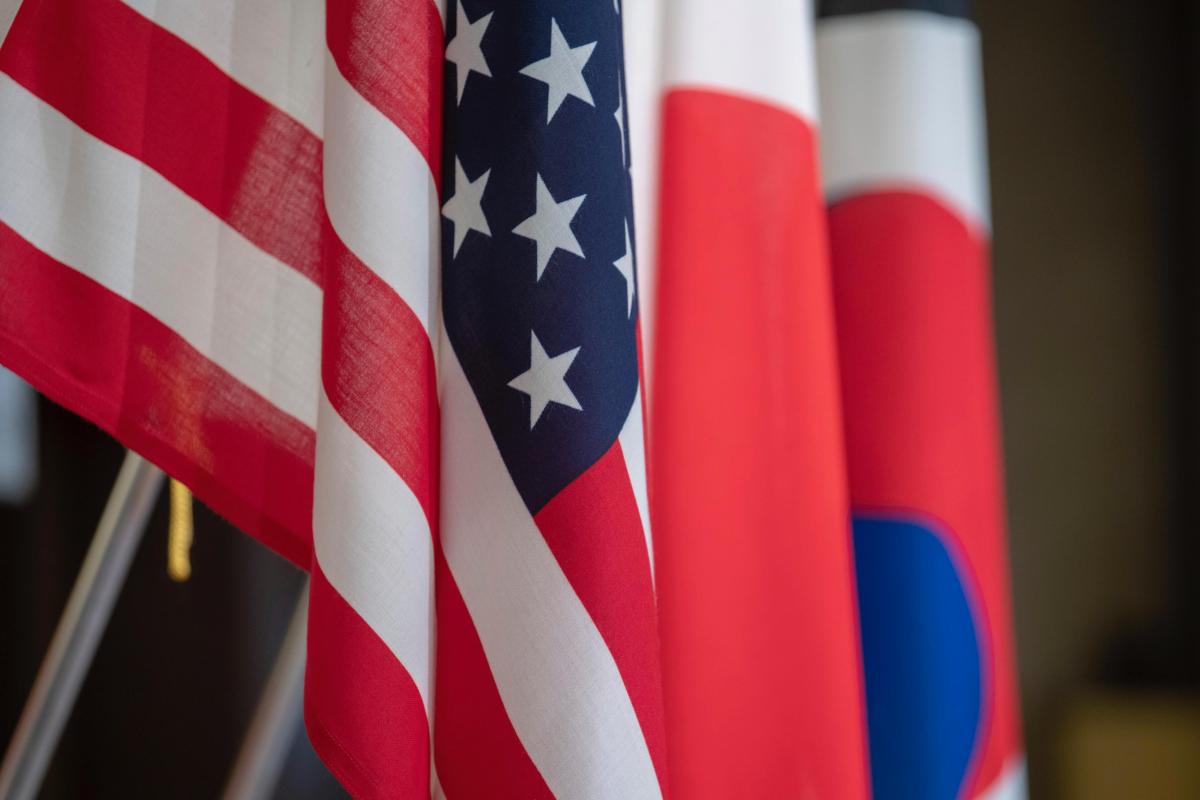Pity Donald Trump. He spent four years in office tearing up trade agreements and ranting about rewriting old ones, all to little avail. Now, a key U.S. climate law is doing more to change the dynamics of international trade than any blustering and bullying ever did.
The Inflation Reduction Act has been hailed as a win for domestic producers of minerals that are critical to electric vehicles and other hallmarks of the decarbonized economy. The most impactful so far have been the provisions that require a minimum amount of domestic sourcing and processing to be eligible for the $7,500 EV tax credit. That language alone has spurred tens of billions of dollars of investment in the U.S. battery supply chain.
But there’s no way the U.S. can produce all that’s needed — the country simply doesn’t have enough reserves, while China has a lock on many parts of the market. So the law also includes a handy loophole qualifying minerals from countries with which the U.S. has a free trade agreement. The law already qualified “North American” suppliers, and the free trade language opens the door further.
Late on Monday, the door opened a little wider as the U.S. and Japan announced a trade deal encompassing cobalt, graphite, lithium, manganese and nickel, all minerals that are key components of EV batteries. The agreement opens up both markets to new supplies of the minerals, allowing battery manufacturers and automakers to benefit from the IRA’s minerals requirement.
For now, Japan is the only country to successfully negotiate a new agreement in the wake of the IRA, but it probably won’t be the only one. The EU, which has made no secret about its displeasure with the new law, is also in talks with the U.S.
In the seven months or so since the IRA was passed, the global landscape for critical minerals and battery manufacturing has changed rapidly, and a potentially steady stream of new free trade agreements promises to keep things fluid. For founders and investors alike, that injects a fresh dose of uncertainty.
